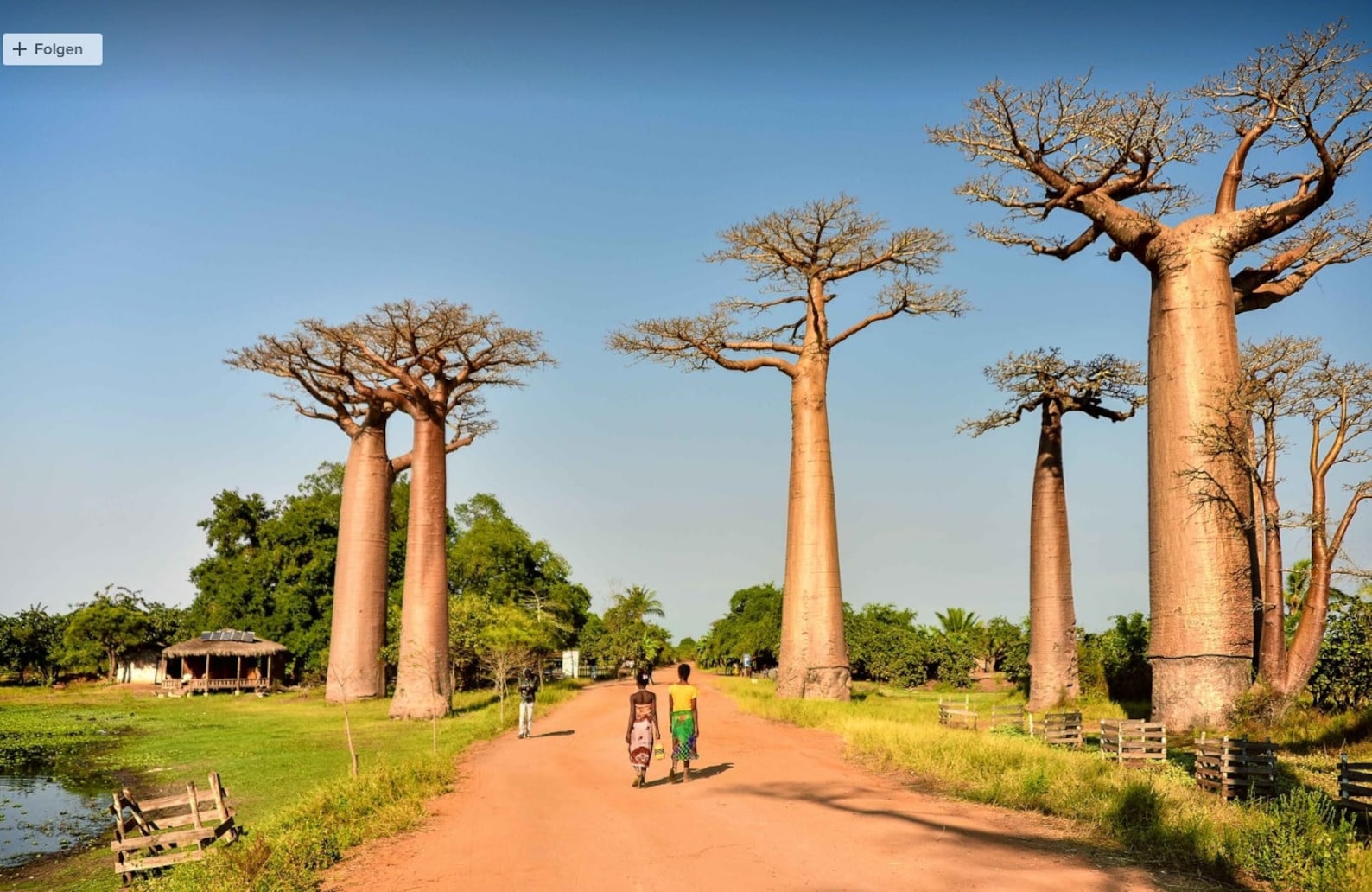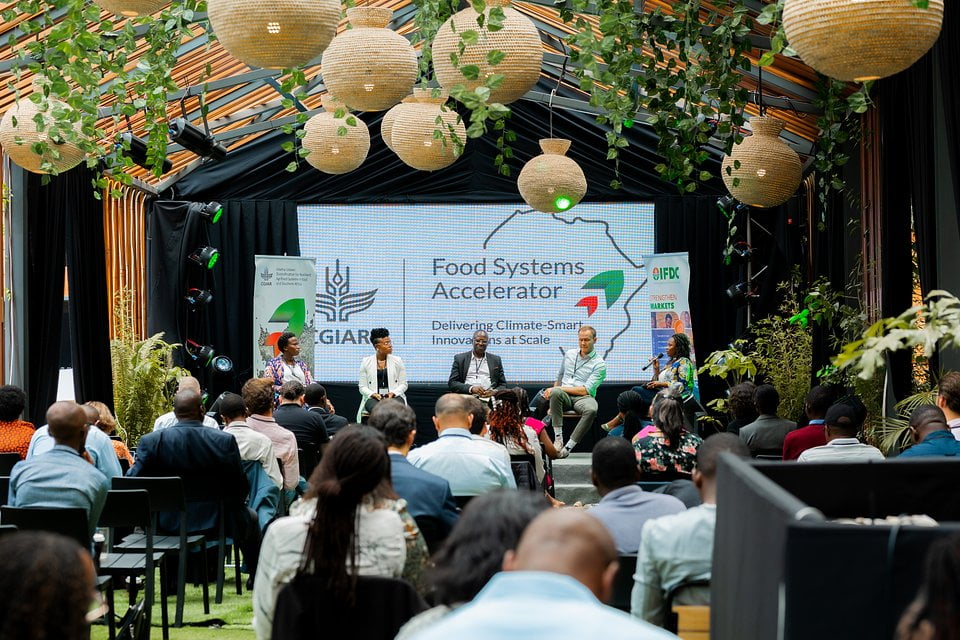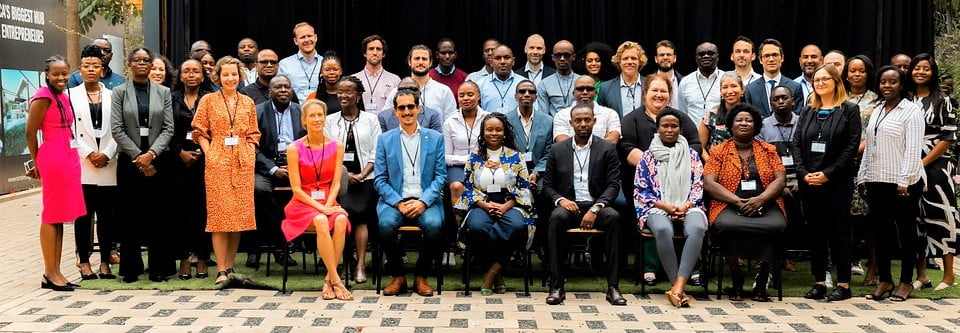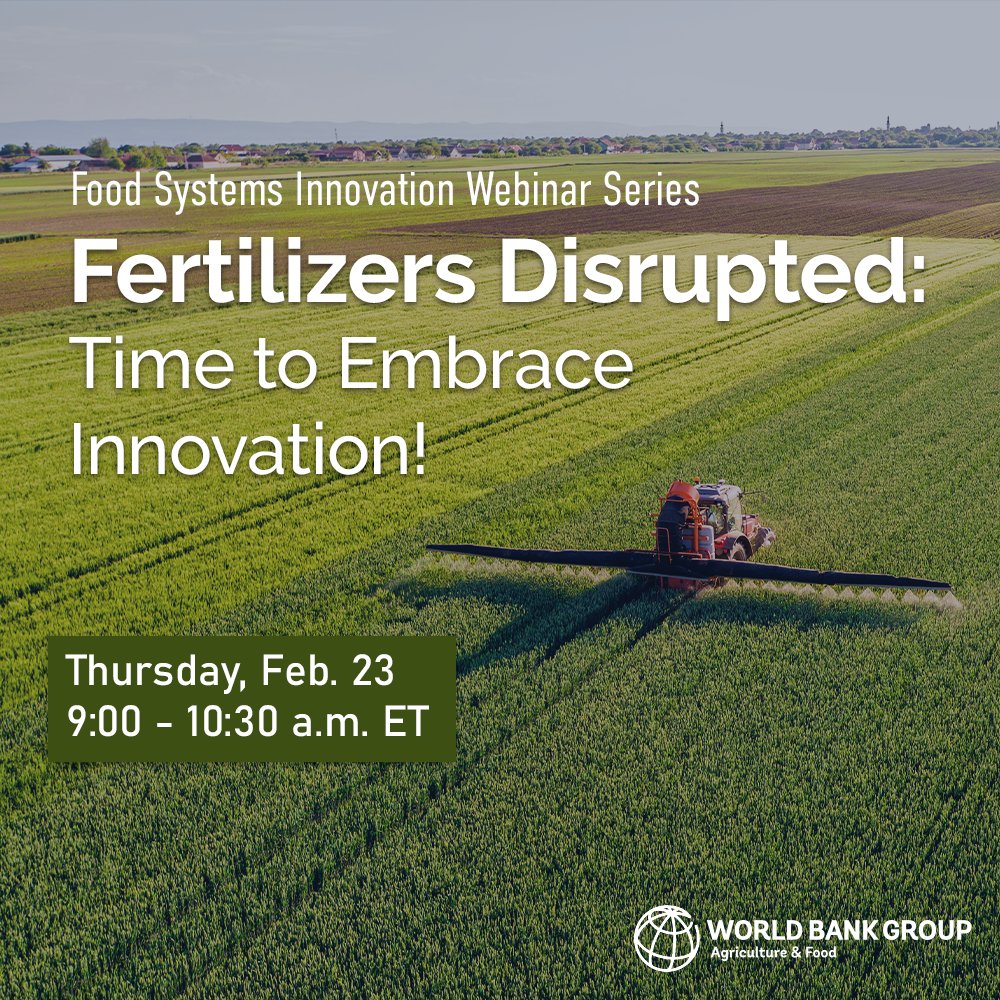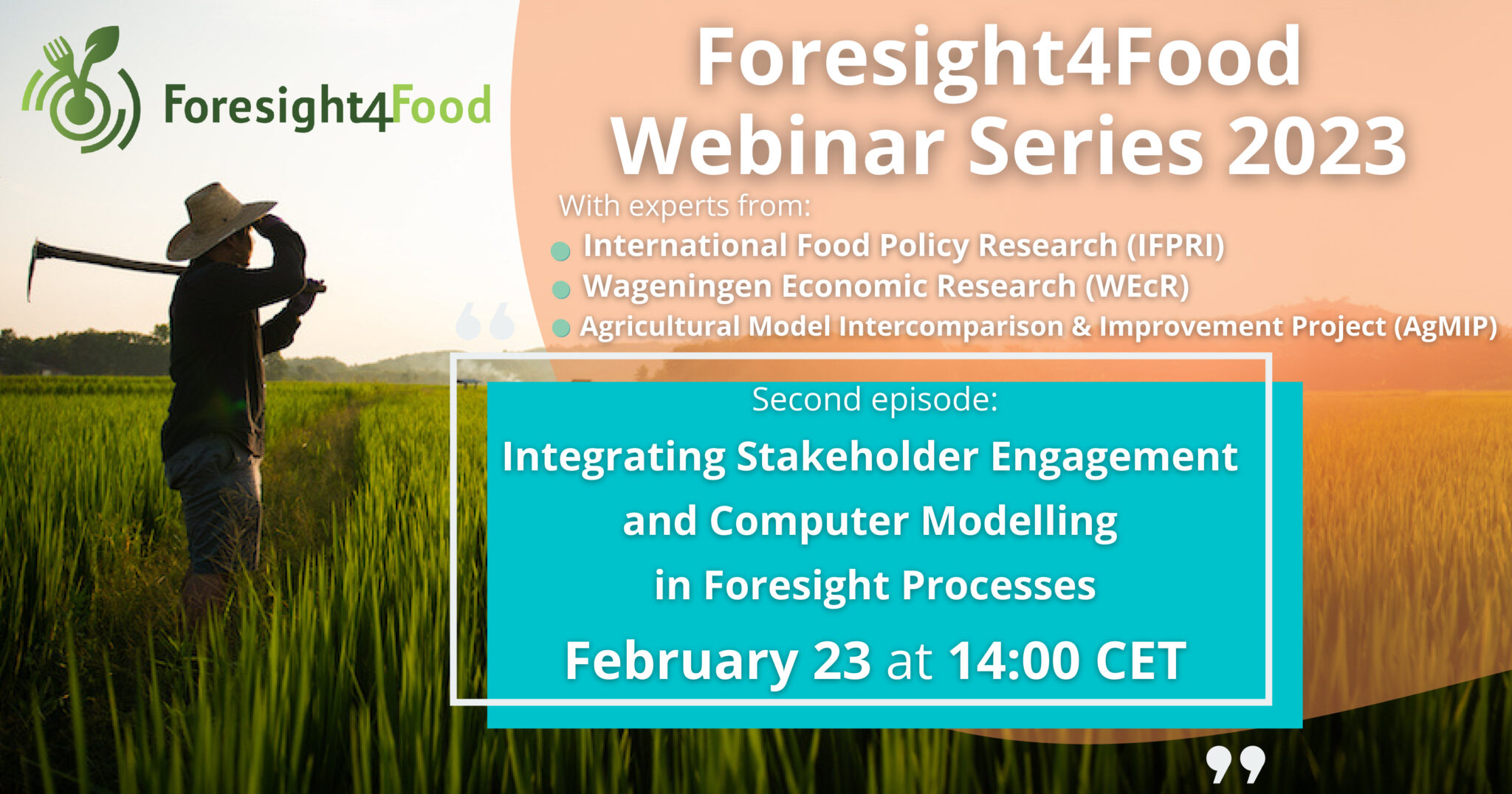Leakey R.R. B. et all (2022)
The Future of Food: Domestication and Commercialization of Indigenous Food Crops in Africa over the Third Decade (2012–2021) # 75 p.
This paper follows the transition from ethnobotany to a deeper scientific understanding of the food and medicinal properties of African agroforestry tree products as inputs into the start of domestication activities. It progresses on to the integration of these indigenous trees as new crops within diversified farming systems for multiple social, economic and environmental benefits.
Policy Relevance:
There is strong evidence that high-value, non-timber forest products with potential in agroforestry systems for the production of food and medicines can have
significant impacts on poverty alleviation, well-being, food security and also provide ecosystem services for the mitigation of climate change. Much has been written this decade about the need for enabling policies to support the reform of tropical agriculture, especially for hundreds of millions of very poor smallholder farmers in Africa locked in subsistence agriculture by current adverse policies. Importantly, this can be achieved through the use of
indigenous technologies and new crops developed from
indigenous species.
There is, however, a big constraint to achieving all this. It is the lack of well-replicated, randomized impact studies to convince donors and development agencies of the importance of these approaches. Unfortunately, donors are very reticent to fund such studies at the start of development programmes. (page 50)
Abstract:
From its advent in the 1990s, the domestication of indigenous food and non-food tree species has become a global programme with a strong African focus. This review of progress in the third decade is restricted to progress in Africa, where multi-disciplinary research on over 59 species has been reported in 759 research papers in 318 science publications by scientists from over 833 research teams in 70 countries around the world (532 in Africa).
The review spans 23 research topics presenting the recent research literature for tree species of high priority across the continent, as well as that in each of the four main ecological regions:
- the humid zone of West and Central Africa;
- the Sahel and North Africa;
- the East African highlands and drylands;
- and the woody savannas of Southern Africa.
The main areas of growth have been:
- the nutritional/medicinal value of non-timber forest products;
- the evaluation of the state of natural resources and their importance to local people;
- and the characterization of useful traits.
Remains under-researched:
- the testing of putative cultivars;
- the implementation of participatory principles;
- the protection of traditional knowledge and intellectual property rights;
- and the selection of elite trees and ideotypes
To the probable detriment of the upscaling and impact in tropical agriculture, there has been, at the international level, a move away from decentralized, community-based tree domestication towards a laboratory-based, centralized approach. However, the rapid uptake of research by university departments and national agricultural research centres in Africa indicates a recognition of the importance of the indigenous crops for both the livelihoods of rural communities and the revitalization and enhanced outputs from agriculture in Africa, especially in West Africa.
Thus, on a continental scale, there has been an uptake of research with policy relevance for the integration of indigenous trees in agroecosystems and their importance for the attainment of the UN Sustainable Development Goals.
To progress this in the fourth decade, there will need to be a dedicated Centre in Africa to test and develop cultivars of indigenous crops. Finally, this review underpins a holistic approach to mitigating climate change, as well as other big global issues such as hunger, poverty and loss of wildlife habitat by reaping the benefits, or ‘profits’, from investment in the five forms of Capital, described as ‘land maxing’.
However, policy and decision makers are not yet recognizing the potential for holistic and transformational adoption of these new indigenous food crop opportunities for African agriculture. Is ‘political will’ the missing sixth capital for sustainable development?
The domestication strategy spectrum:
There is an inadequate resource of people nationally, regionally and internationally with the appropriate skills in vegetative propagation to meet the scale of the need for these techniques if participatory domestication is to be scaled up across Africa. (page 6)
There has been reduced research activity in Participatory Domestication led by the World Agroforestry Centre (ICRAF) due primarily to a loss of donor funds. This is less a loss of support for the concept and more a need to make funds available to other causes. Meanwhile a new source of funding became available for a more centralized top-down biotechnological programme focussed on a laboratory approach to crop improvement by genetic characterization and tree breeding (page 7)
It must be hoped that decentralized tree domestication has not succumbed to the prevailing view that academic advancement is more important than real-life impact. Indeed. It is important to recognize that a participatory approach to domestication with benefits flowing to local communities is essential when the traits being selected are rooted in Traditional Knowledge. (page 7)
These two strategies [centralised and decentralised] lie at opposite ends of a domestication strategy spectrum and that they have different merits relevant to the domestication of indigenous trees and to needs of tropical farmers in the short- and long-term. A number of review papers have been written about the merits of both approaches and their use in recent years.(...) However, to assist development agencies and donors to understand their differences and likely impacts, a detailed cost–benefit analysis would be helpful. (page 7)
Pan-African Priority Species:
1. Adansonia digitata (Baobab)
Baobab has been declared to be one of Africa’s most important leafy vegetables, as seen regarding the livelihoods of local communities in Mali. Consequently, it has been identified as a high-priority species for domestication across Africa. Baobab products—leaf, fruit pulp and seed kernels—are widely marketed and have been approved for trade as ‘novel food’ in the European Commission.
Nutritious baobab products are very important locally across dry Africa and have potential markets as lifestyle food products in Europe and in the USA. Indeed, thanks to processing and packaging, they have already gained access to international markets with several hundred formulations in European markets, following approval for trade by the European Commission.
Concerns have been raised that developing international markets for African indigenous food products could damage local supply, environmental degradation and loss of local dietary diversity. These concerns for subsistence users of baobab were greatest in West Africa, where there is a high dependence on these products, unlike southern Africa, where baobab has been reported to be ‘underutilized’ and where commercialization could help reduce poverty. This concern was the subject of a conference “Bridging the gap between increasing knowledge and decreasing resources” in the Czech Republic in 2014, which examined these issues. (page 12)
2. Sclerocarya birrea (Marula)
Their natural distribution spans drylands in 29 African countries, but they primarily grow in different areas in Africa. Within many African communities, the fruits and kernels in particular, have great cultural and ceremonial value. Nevertheless, the natural resource is under considerable pressure due to the extensive clearing of woodlands for settlement and agriculture, which threaten the ecosystem services and genetic diversity of the species. (page 13)
Like many other indigenous tree food products, S. birrea has nutritious fruits containing high levels of vitamins and oil rich kernels with unique fatty acid profiles, etc. with dietary significance for humans, as well as a supplement for livestock feeds. (page 15)
In addition to the traditional uses of marula, there are numerous potential new commercial uses, such
as the ‘Amarula’ liqueur, biodiesel, vinegar, jams, jellies, yoghurt and ice cream. In addition, there are health and medicinal uses. marula oil has many food and domestic uses as it is 10 times more stable to oxidation than olive oil and has free radical scavenging properties. These are traits conferring its use in cosmetics. (page 15)
3. Vitellaria paradoxa (Shea Nut)
It is one of the best known among many indigenous trees of Africa as the oil from its nuts is the source of shea butter that is widely used in the confectionary and cosmetic industries. Shea butter production as a source of edible fat from agroforestry parklands is second only to cocoa butter as a source of stearic acid in the multi-billion dollar chocolate and cosmetic industries. In addition to its products and their role in livelihoods, V. paradoxa parklands are recognized for their contribution to environmental services. (page 15)
The international trade in shea has been opaque to the consumers of its edible products about the role of women involved in the production, harvesting and post-harvest processing of shea nuts. (...) The expansion of shea production raises post-harvest issues. For example, the storage of shea fruits and nuts is often associated with their damage by a wide range of insects (mites, ants and weevils), threatening food security, self-sufficiency and farmer income. These risks increase with longer periods in storage.
(page 17)
There is an opportunity to use ‘green chemistry’ to produce a wide range of new products from shea butter as part of a new global approach to the industrial development of sustainably produced and healthy edible vegetable oils and fats. (page 17)
4. Allanblackia Species (Tallow Tree)
The oil-rich kernels of Allanblackia species have traditionally been used by local people for their edible oils and medicinal properties. Their domestication became a major Public–Private Partnership agroforestry initiative due to commercial interest in their unique fatty acid profiles. This has led to enhanced interest in its cultivation as a new crop. (page 17)
The prime focus of the commercialization has been its potential in the manufacture of margarine for international markets. However, as with domestication, a localized approach to marketing was promoted through small- and medium-term enterprise development for the Allanblackia product trade. This initiative has resulted in the export of nuts for processing in Europe. (page 18)
5. Tamarindus indica (Tamarind)
In sub-Sahara Africa, this species is traditionally used to build resilience into the farming system in terms of food security, income generation and ecosystem stability. Indigenous fruits are one of the most important groups of plants for consumption by local people, with T. indica among those of greatest importance for their nutritional value across the continent. (page 19)
Although having a sharp, sour taste, the pulp of tamarind fruits is used industrially to make sauces, syrups, jams, chutney and beverages, with greater potential for its oils. In addition, its leaves, bark and roots are used as medicinal products, fuelwood and fodder. (page 19)
6. Zizyphus species (Ber)
There are many Ziziphus species, several of which are indigenous to Africa. [Such as]: Z. mauritiana, Z. mucronata and Z. spina-christi. They are all indigenous to dry, low-rainfall and high-temperature areas. They produce edible fruits which are used in local cuisine, as well as to make alcoholic and non-alcoholic drinks, jams, etc. The trees have large spines and are also used to make hedges to exclude livestock. (page 20)
7. Prunus africana (Pygeum)
Prunus africana is found in many highland areas of Africa, often in isolated populations. Extracts from its bark are used in the pharmaceutical industry as a major source of compounds to treat benign prostate hyperplasia (prostate enlargement) in men.
The over exploitation of Prunus africana has led to calls for its integration into agro-
forestry systems and its domestication to improve the source of these medicinal products to supply the pharmacological industry. (...) The World Agroforestry Centre has also led a pan-African programme with multiple
partners to implement the conservation, domestication and cultivation of pygeum by farmers using agroforestry systems. This has placed great emphasis on the role of farmers, the industry and policy makers to ensure much more sustainable production, harvesting and bark processing. (page 21)
A farmer-centred approach
As a farmer-centred approach to extension, Rural Resource Centres have been identified as an excellent source of agricultural information. The model has been awarded the distinction of being one of the top 20 innovations benefitting smallholder farmers.
(page 32)
Prioritising tree species preferred by farmers is considered to be instrumental for the success of domestication programmes, since it empowers farmers to simultaneously improve the production of both their crops and woody multipurpose species. (page 34)
The challenge now, however, is to scale up the application of tree domestication within agroforestry for meaningful social, economic and environmental impact at different scales (national, regional, global). The key to adoption partly lies in addressing the site-specific needs which are driven by different preferences and aspirations of local communities. Indeed, membership to a tree farmer group, awareness of farmers about socio-ecological benefits of agroforestry, and effective provision of extension services positively affect adoption. Accordingly, success involves meeting farmers’ choices, with appropriate technological designs and implementation through participatory approaches which form the core of the tree domestication strategy. In this regard, it is widely recognised that farmer institutions can play a crucial role in upscaling and capacity building of agroforestry programmes.
(page 38)
Conclusion
There is need to support the skills, techniques and philosophy behind the
locally appropriate strategy of domesticating a range of different trees at the community ‘grassroots’ level as a source of numerous social, economic and environmental benefits for local communities. Then, through the
processingand value addition of tree products grown on-farm opportunities for income generation and local employment can multiply the livelihood benefits, especially for women and children. However, more work needs to be done to capture the opportunities presented by the genetic potential of individual elite trees and move these initiatives towards a decentralised, continent-wide, tree domestication development programme on the scale needed to meaningfully deliver this wide range of impacts. (page 53)

